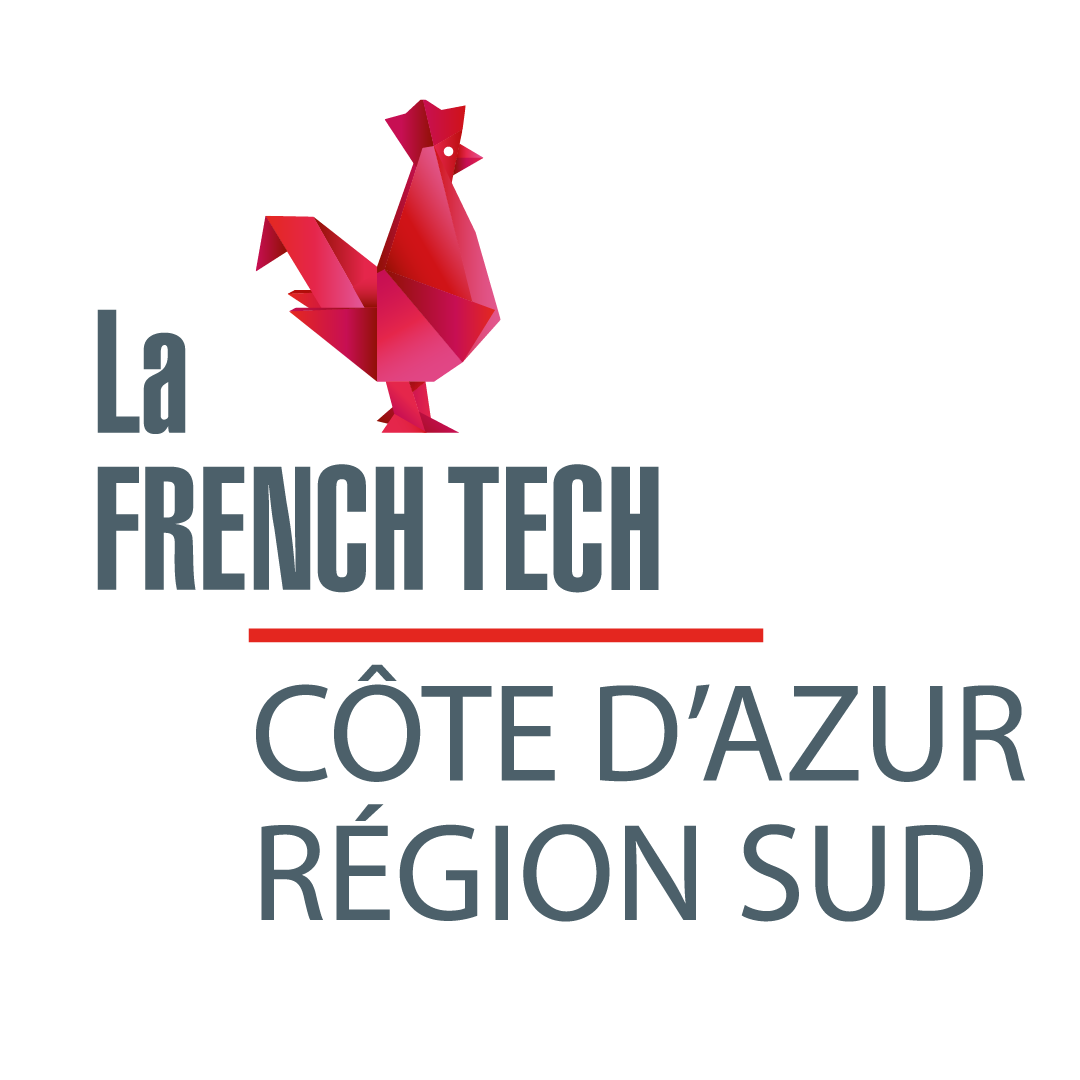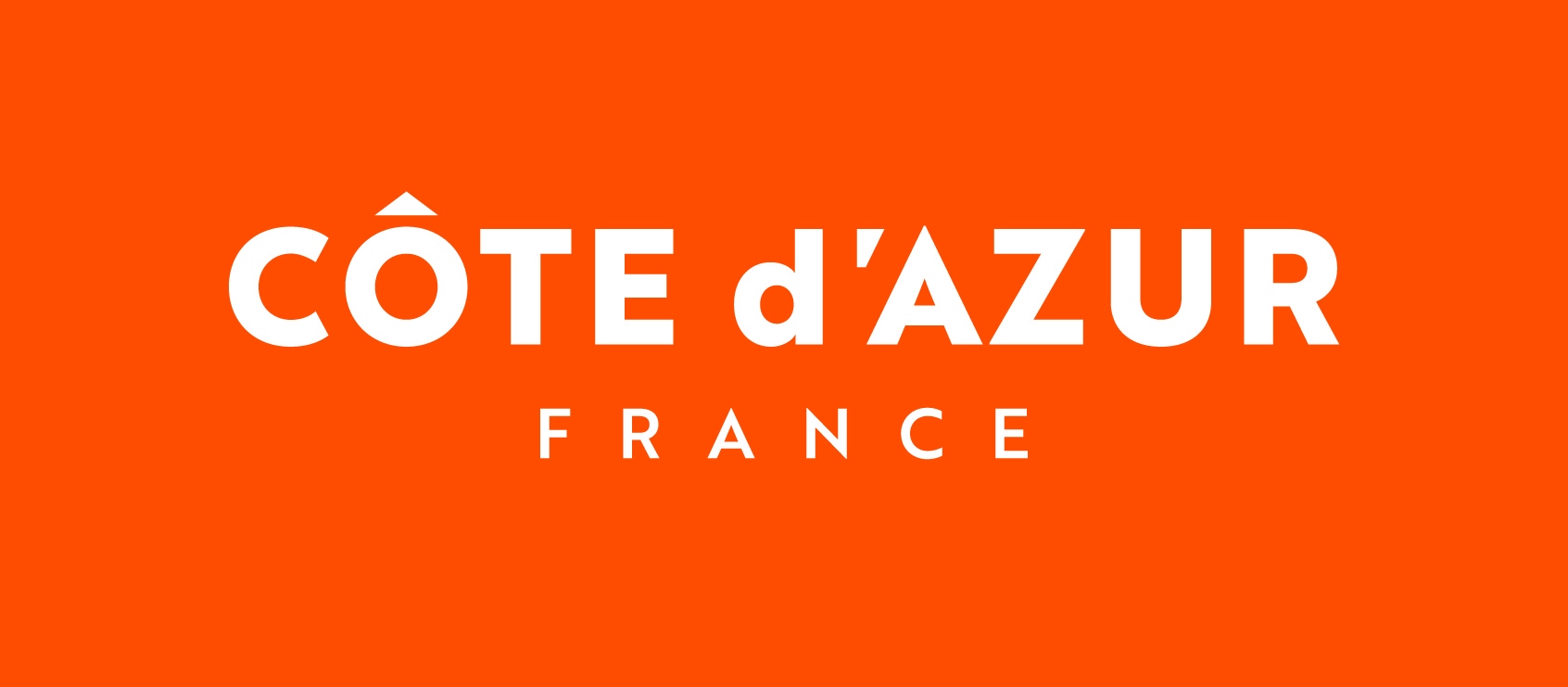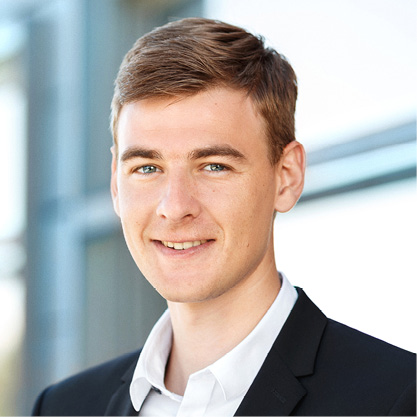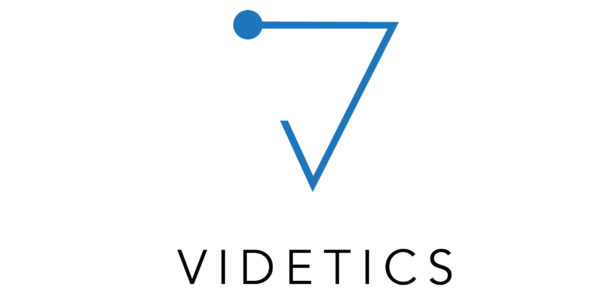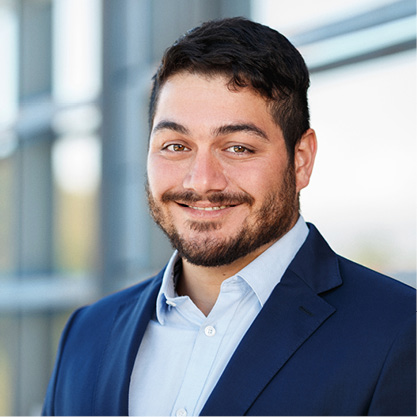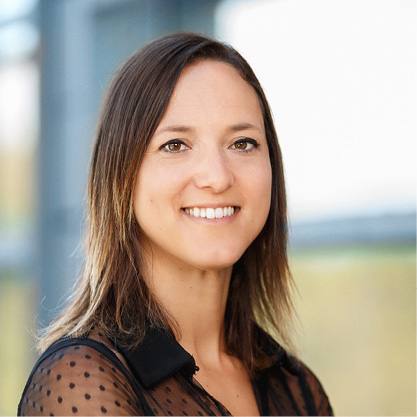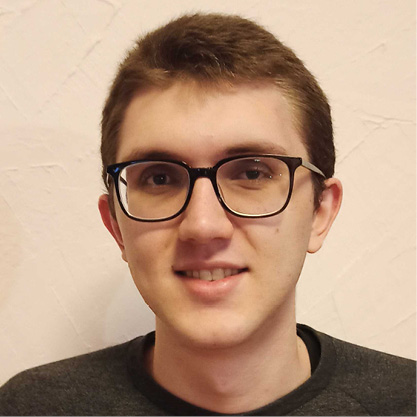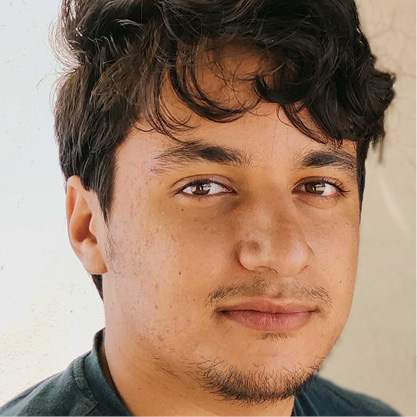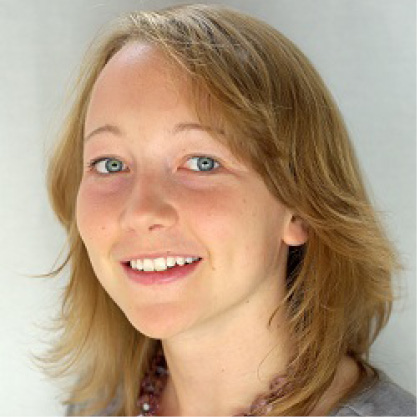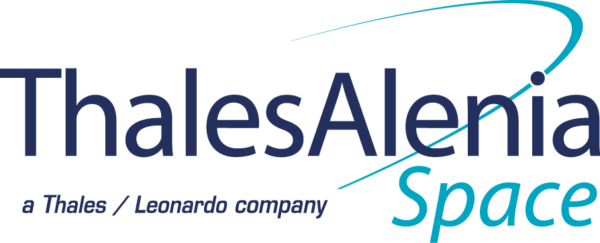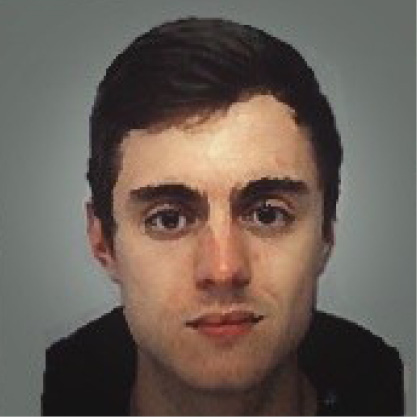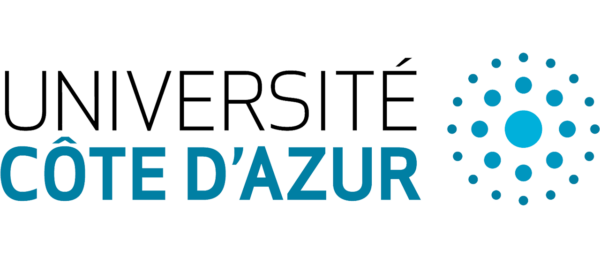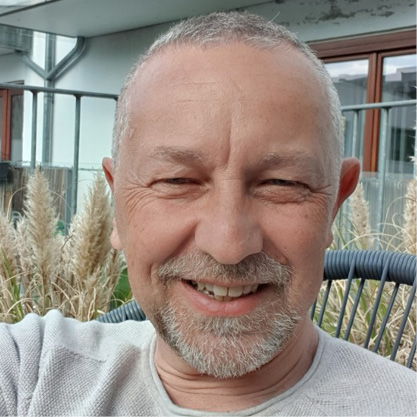![]()
The 4th edition of SOPHI.A SUMMIT AI WEEK will take place in Sophia Antipolis, from November 15th to 20th 2021. This week dedicated to Artificial Intelligence is co-organized by Université Côte d’Azur, Communauté d’Agglomération de Sophia Antipolis and Département des Alpes-Maritimes, with the support of Team Côte d’Azur and the Sophia Club Entreprises (news & registration).
Telecom Valley organizes, in partnership with La Maison de l’Intelligence Artificielle, the Master Classes as the opening of the AI WEEK on Tuesday, November 16th.
![]()
La 4ème édition de la SOPHI.A SUMMIT AI WEEK aura lieu à Sophia Antipolis, du 15 au 20 Novembre 2021. Cette semaine dédiée à de l’Intelligence Artificielle est coorganisée par Université Côte d’Azur, la Communauté d’Agglomération de Sophia Antipolis et le Département des Alpes-Maritimes, avec le soutien de Team Côte d’Azur et du Sophia Club Entreprises (infos & inscriptions).
Telecom Valley organise, en partenariat avec la Maison de d’Intelligence Artificielle, les Master Classes en ouverture de la AI WEEK, le Mardi 16 novembre.
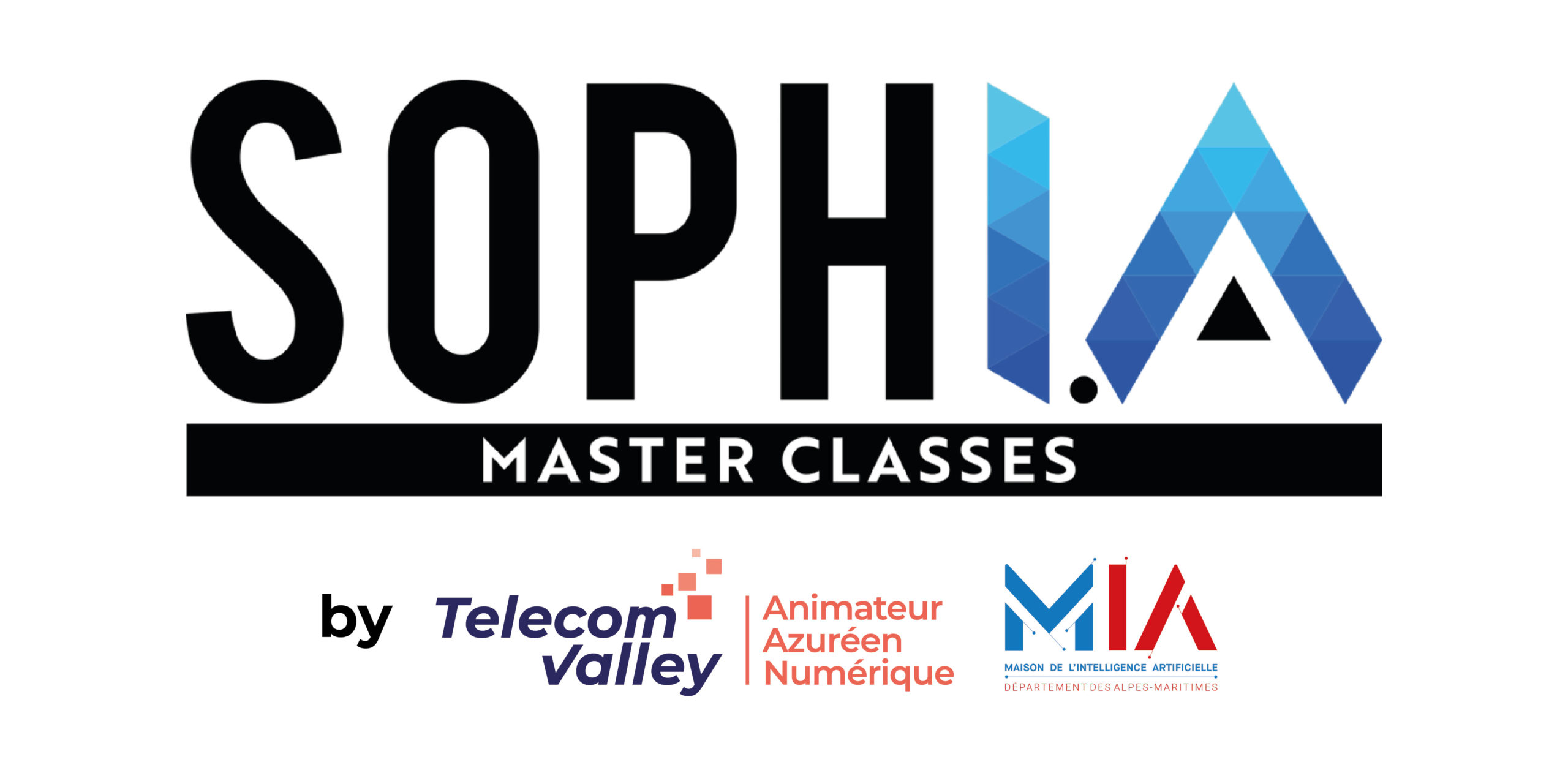
Tuesday November 16th 2021
at la Maison de l’Intelligence Artificielle
1361, route des Lucioles 06410 BIOT
4 successive live hands-on, half remote / onsite sessions of 2 hours each.
4 sessions successives de Master Classes, au format hybride, de 2h chacune.
Master classes videos
Master Class in ![]()
Utilisation des données et de l’Intelligence Artificielle au Conseil Départemental des Alpes-Maritimes

by Romain POISSON,
Directeur de la transformation numérique et de la relation usagers
More details
Présentation de la stratégie DATA de la collectivité ; comment dans un contexte, une collectivité comme le conseil départemental des alpes maritimes s’organise pour placer la data au coeur de son action ; Etat de la démarche, difficultés et opportunités ; Retours sur des expérimentations menées d’utilisation de l’intelligence artificielle
Master Class in ![]()
Overview of anomaly detection techniques applied to time series
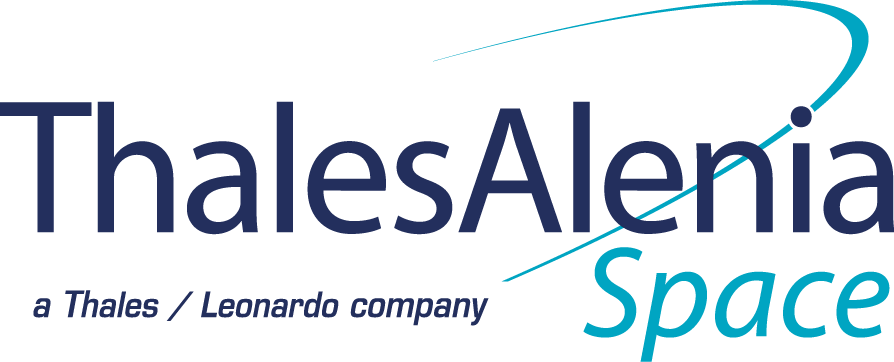
by Irina ALLES, Science engineer
Thomas GOUDEMANT, Data science and signal processing engineer
More details
In this master class, we will give an overview of the different anomaly detection techniques for time series. We will focus more particularly on unsupervised, mono-varied anomaly detection techniques applied to satellite telemetry. Finally, several of these algorithms will be implemented in python (scikit-learn, tensorflow, etc.) and their performances will be compared.
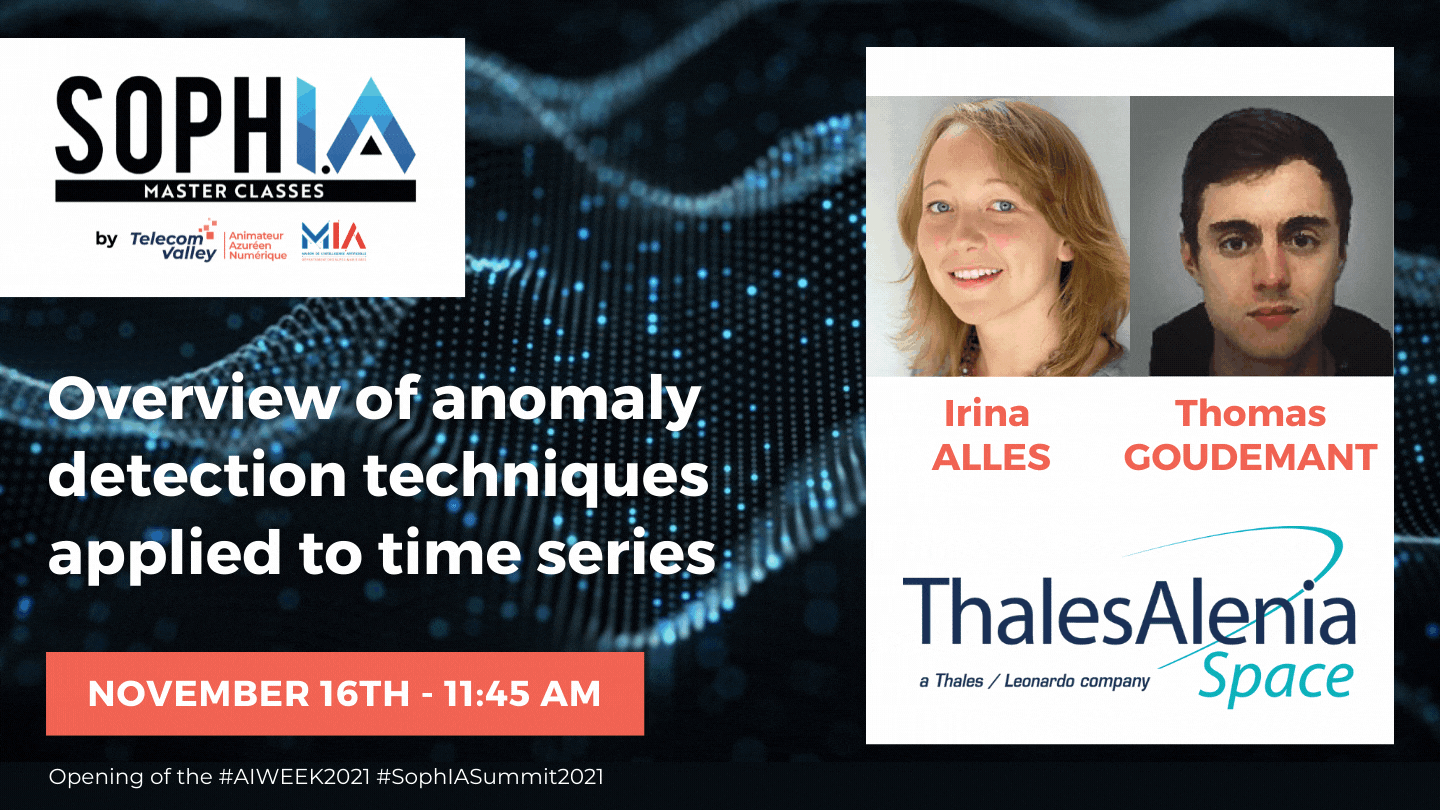
Apologize, no replay video is available for this session.
Master Class in ![]()
Augmented online manipulation : an interdisciplinatory perspective
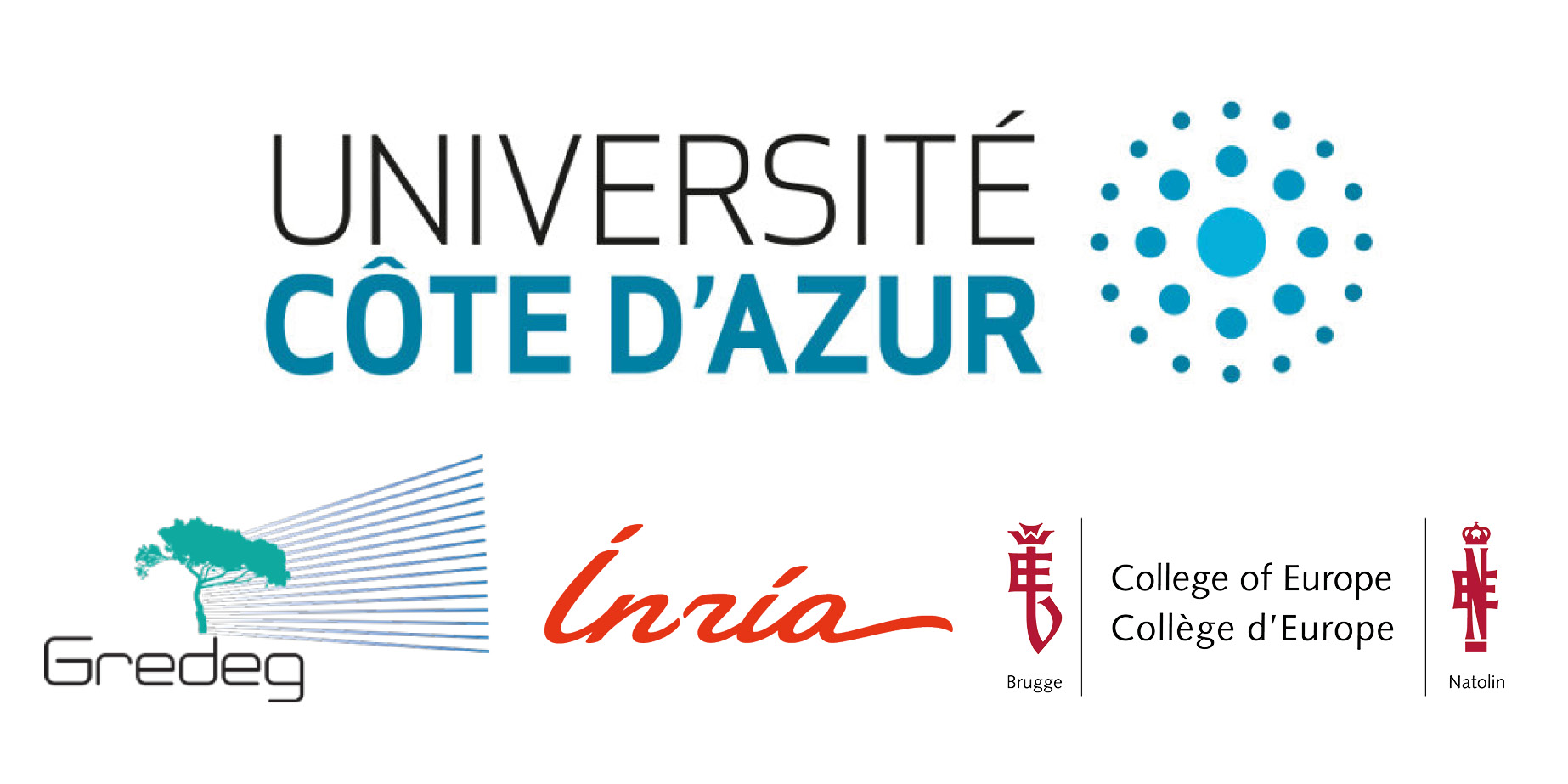
by Frédéric MARTY, Researcher at CNRS, UMR 7321 GREDEG, Université Côte d’Azur,
Jeanne MOUTON, PhD student, UMR 7321 GREDEG,
Julie CHARPENET, PhD student at the 3IA Côte d’Azur and the Deep Law For Tech (DL4T) research program
& Benoit ROTTEMBOURG, Regalia platform lead at Inria.
More details
Fare discrimination based on customer segmentations and deceptive choice architectures have always existed, offline or online. The online model, with the depth of its data collection, its fine-grained personalization and its pervasive AI-boosted algorithms seem to have brought the concept to another level.
The aim of the masterclass is first to highlight the mechanisms used by artificial intelligence algorithms to discriminate and exploit customer behavior in order to reach the economic goals of digital platforms. Using concrete examples inspired by recent scandals and court decisions, we will show that detecting biases, disloyalties or fraud advocate interdisciplinary approaches, both legal and technical. A challenging task for regulation authorities.
Master Class in ![]()
Hands-on: Train your own classifier posture
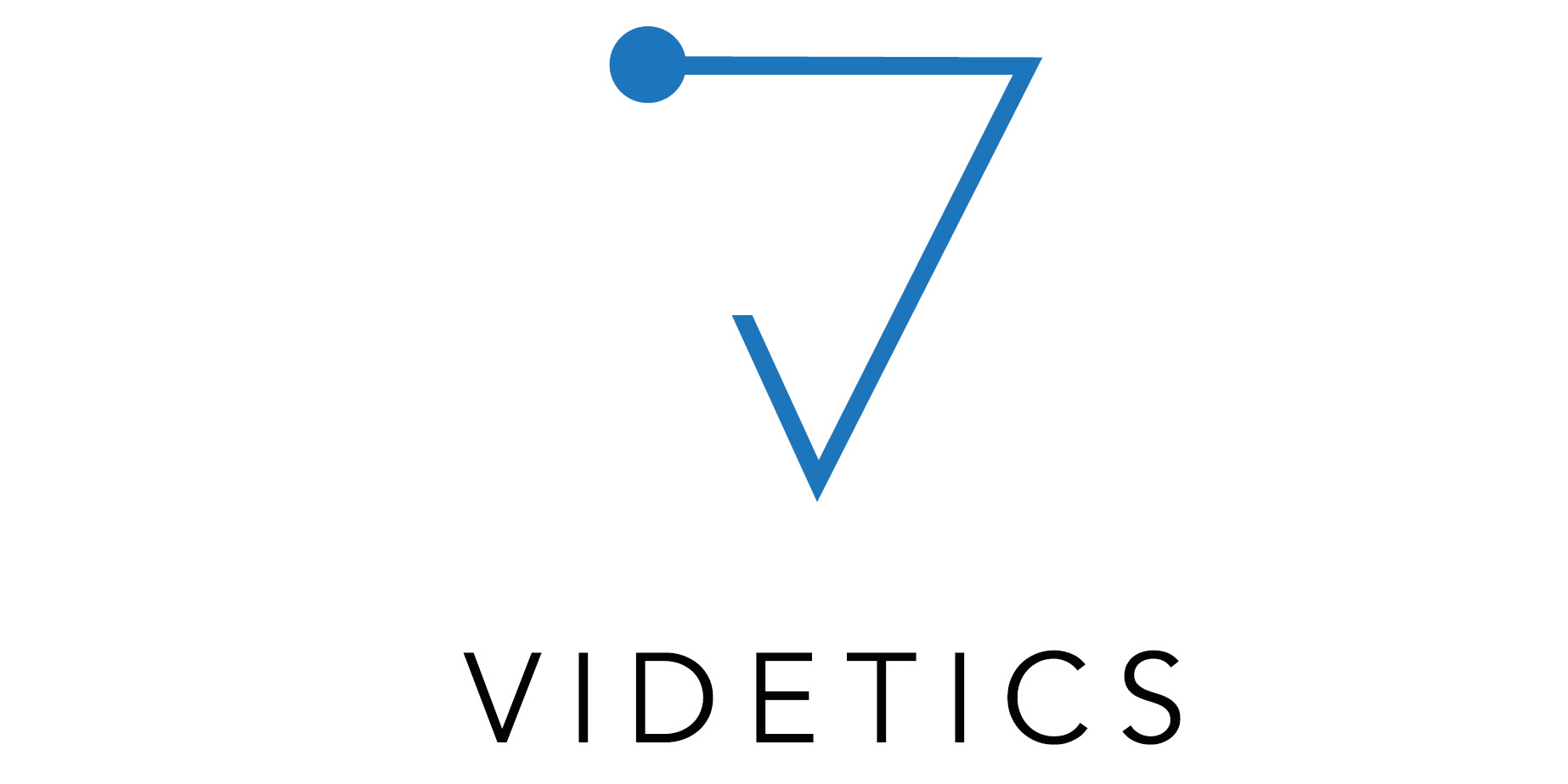
by Alan FERBACH, Co-founder,
Pierre-Alexis LE BORGNE, Co-founder & Head of Research,
Caroline CROUZET, Head of Sales and Marketing,
Cyril GUILLOT, Deep Learning Engineer
& Anass SABRI, Deep Learning Engineer
More details
During this Master Class, you will have the opportunity to build your own database in a fun and interactive way for posture recognition.
You will then develop and train a neural network capable of classifying poses in order to test it on the camera provided.
For these tasks, you will complete and customize a script provided by the VIDETICS team.
Speakers
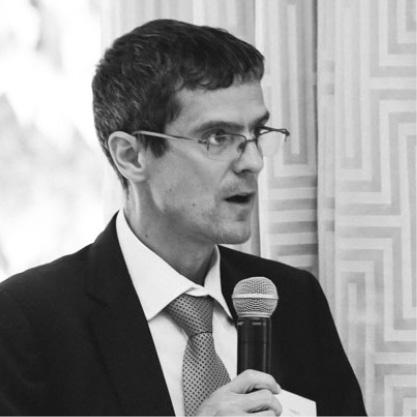
More details
Former student of the ENS of Cachan (ENS Paris Saclay), Frédéric MARTY is a PhD (Economics) and a researcher at the CNRS.
His work focuses on the economics of competition law, in particular on the analysis of anti-competitive practices based on algorithms.
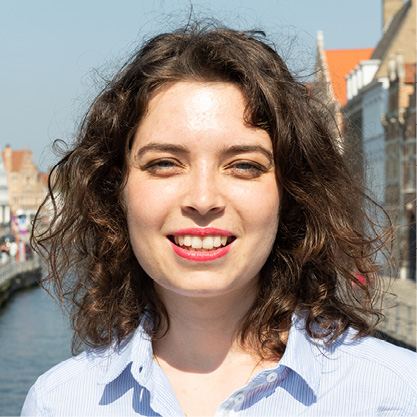
More details
PhD student under the supervision of Frédéric MARTY, on the topic “Effectiveness of a competitive repair mechanism: application to the digital sector”.
She worked for two years as a Senior Associate Editor at Concurrences before joining the College of Europe, as an academic assistant in the Department of Economics in the academic course « European Law and Academic Analysis ».
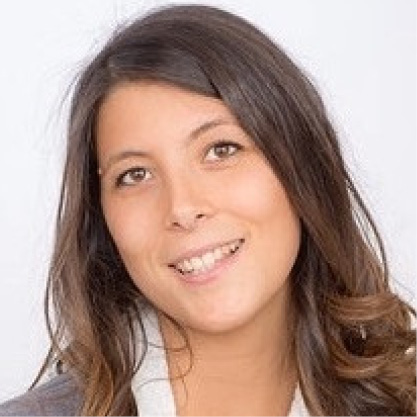
More details
Julie Charpenet is PhD student at the 3IA Côte d’Azur and DL4T. She is writing a thesis in Law about the impact of algorithmic filters for moderating social networks on freedom of expression and communication. She is also a lecturer in « data governance » and « Justice and algorithms » at the Faculty of Law of Nice.
More details
Benoit Rottembourg leads the Regalia project at Inria, the French National Institute for Research in Digital Science and Technology. The aim of Regalia is to provide to the regulation authorities a software framework for auditing digital platform algorithms, like recommendation systems or pricing engines.
Benoit joined Inria after 20 years of analytics software development (capacity planning, industrial asset management, dynamic pricing) in the industry. From 1998 to 2005, he lead the Data Science team of Bouygues, the French conglomerate, and from 2017 to 2020 he was head of customer and pricing data science at Maersk, the Danish maritime company. Benoit co-founded several technological start-ups in the energy and the retail sector.
Benoit holds a PhD in applied mathematics of Sorbonne-University. His research hybridizes AI with multi-stage stochastic discrete optimization.
Avec le soutien de
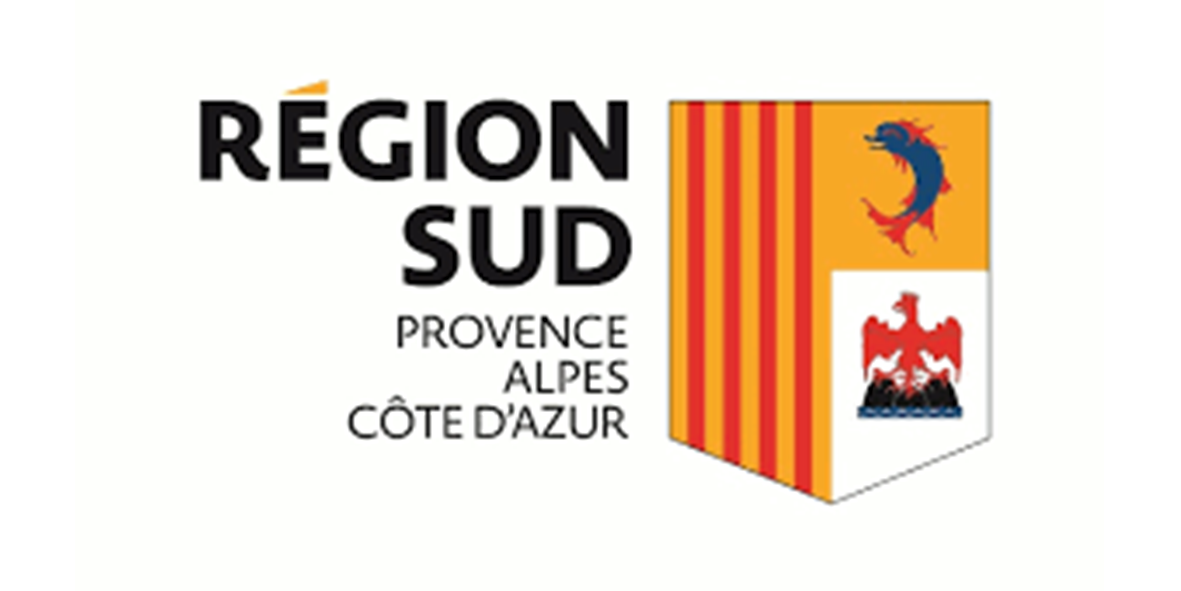
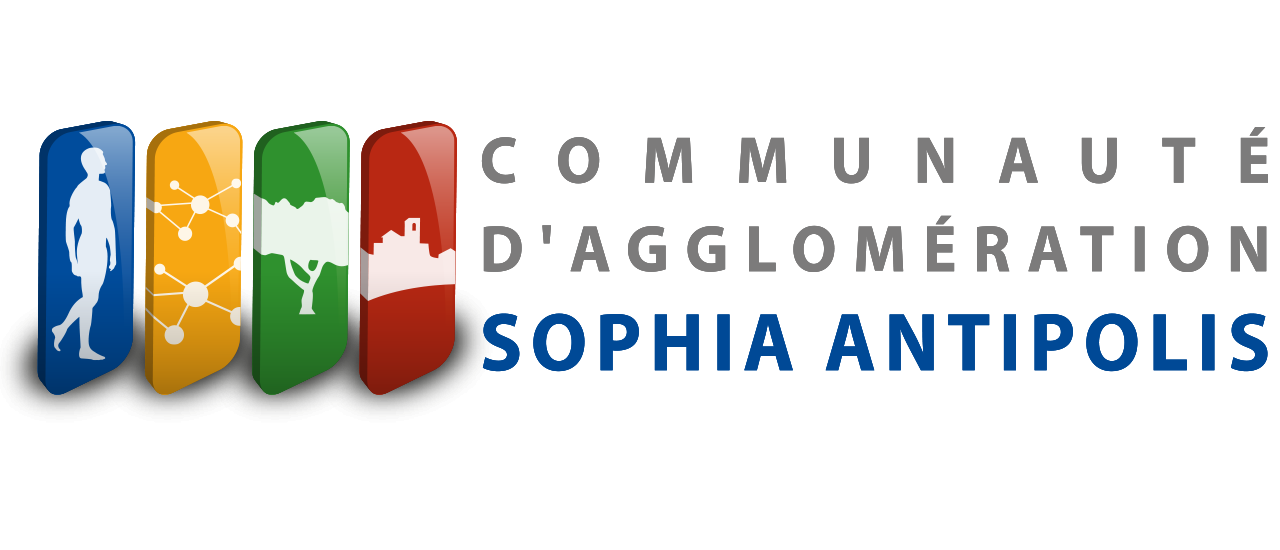

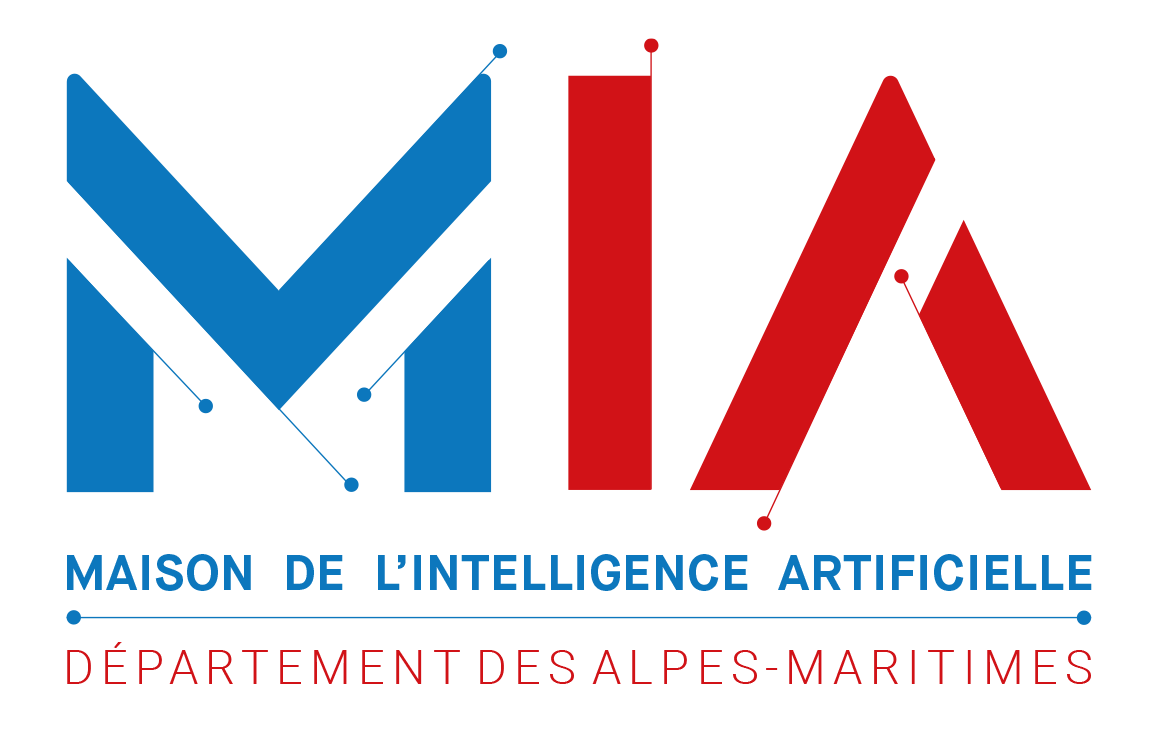
as a part of
